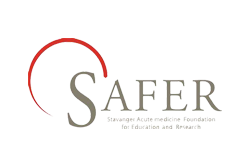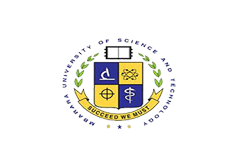Solid body of evidence now supports simulation-based learning as superior as didactic teaching and problem-based learning for the acquisition of critical assessment and management skills, particularly for clinical emergencies. Simulation-based training promotes skill acquisition and retention, enhances teamwork, and increases knowledge and understanding of key procedures.Simulation-based learning is now the norm in medical, nursing and paramedical training in highest income settings. There remains a critical need to operationalize simulation-based learning in resource-constrained settings.
Specific Objective
Design, implement and evaluate the effectiveness of a simulation educator faculty development course.
Design, implement and evaluate the effectiveness of a simulation educator faculty development course.
To determine if in rural healthcare providers, does distributed simulation training provided by simulation-trained rural providers (as educators), compared with sessional/yearly training, improve clinical skills, teamwork skills and knowledge at 12 months
To establish a ‘Simulation Centre of excellence’ at MUST, equipped with and having the capacity for medical simulation education, innovation and research. Along with this, to determine attitudes, expectations, barriers and potential solutions towards the implementation of simulation-based education.








To determine if simulation-based training curriculum improves clinical performance, knowledge and teamwork in medical trainees.